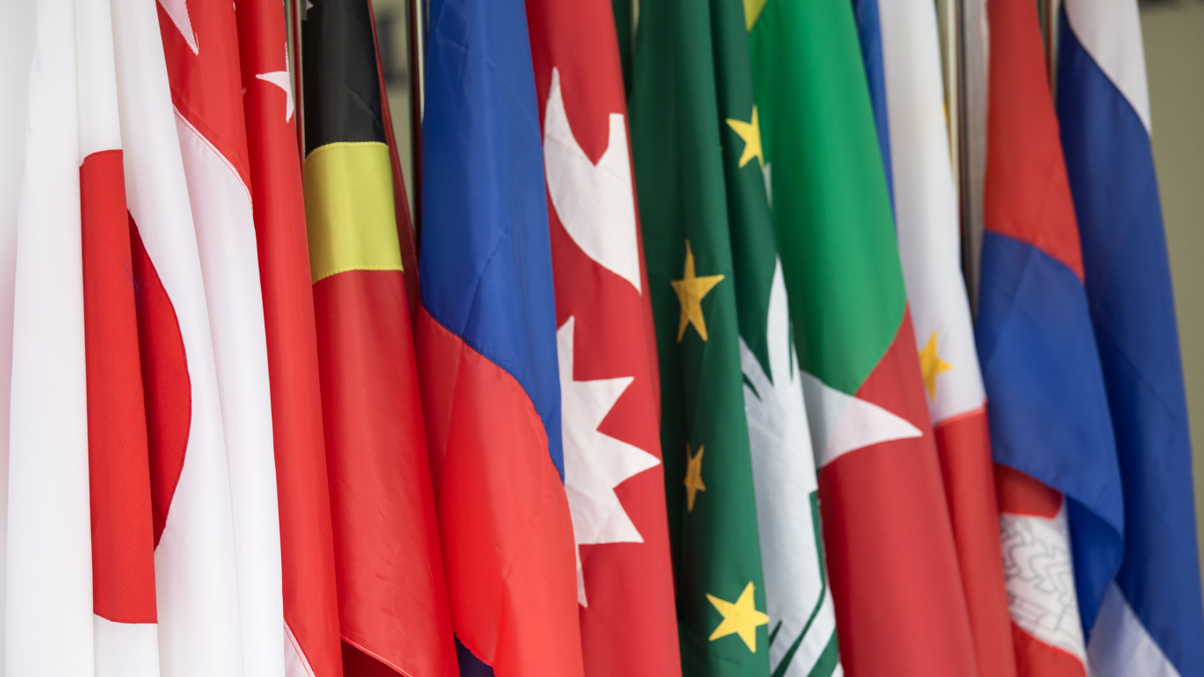Institutional investors assess Asia elections, populism risks
Global politics will influence investor behaviour to a greater extent this year, for various reasons — not least of which being the sheer number of countries going to the polls.

Politics in 2024 will be a factor for Asian asset owners like never before, with elections happening in many of the world’s most populous countries.
Sign in to read on!
Registered users get 2 free articles in 30 days.
Subscribers have full unlimited access to AsianInvestor
Not signed up? New users get 2 free articles per month, plus a 7-day unlimited free trial.
¬ Haymarket Media Limited. All rights reserved.


